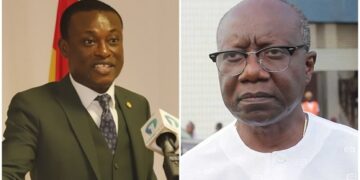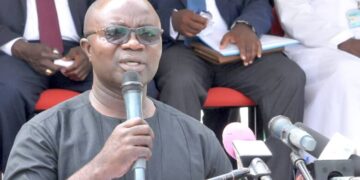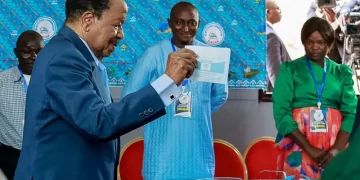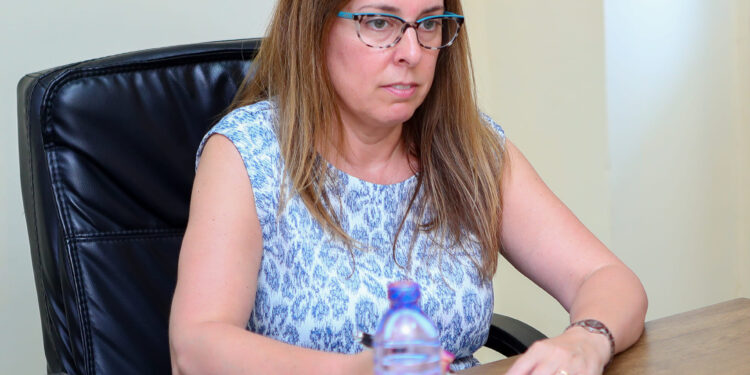The Chief entomologist with the Division of Parasitic Diseases and Malaria of the US Centers for Diseases Control and Prevention (CDC), Dr. Audrey Lenhart has called for the development of new approaches, tools, and chemicals for mosquito control in Africa.
Delivering a presentation on the theme: Insecticide Resistance in Dengue and Malaria Vectors: How Molecular Biology can be used to Optimize Vector Control Interventions, at a Seminar organized by the Department of Biomedical Sciences of the University of Cape Coast, Dr. Audrey disclosed that developing new mosquito control mechanisms and chemicals have become necessary because most of the mosquito population have become resistant to most mosquito-controlled chemicals.
“It’s a concerning trend because so much of malaria control in Africa depends on the use of these chemicals to control the mosquitoes. So, when the mosquito populations stop dying when they’re exposed to those chemicals, it means there are more mosquitoes out there that can potentially transmit malaria. So, that’s why we’re constantly looking for new approaches, new tools, and even new chemicals to try to compensate for the fact that so many populations now are becoming resistant to these chemicals” she said.
The Department of Biomedical Sciences, UCC as part of its several activities holds seminars where faculty members both within the Department and outside UCC are invited to deliver a presentation and share their research findings with the entire world.
In her presentation, Dr. Audrey indicated that there is a need to roll out new chemicals and mechanisms to compensate for the already widespread insecticide resistance in mosquitoes and its operational implications.
She added that widespread political will and investments are two key ingredients required to ensure the development of new mosquito control chemicals, vaccines, tools, and further research into mosquito controls.
“The huge campaigns that happened back in the 1950s, 60s, and 70s where there was widespread political will and investment in both. At that point, it was malaria eradication and yellow fever eradication. When that political will and funding waned is when things resurged. So, I think it highlights the importance of political will and investment into these types of programs”
On his part, the director of the Centre for Coastal Management, Professor Denis Worlanyo Aheto also reiterated the need for the general populace to embrace proper sanitation management to mitigate the spread of mosquitos and the implication of malaria infection.
he believes that improved environmental conditions will definitely lead to limiting the way and manner in which parasites will develop in the system.
Prof Aheto further expressed hope that the Department of Biomedical Sciences would be able to explore further opportunities with Audrey from CDC as she has the competence and networks which will be beneficial to the department and the University as a whole.
The US CDC has partnered the Department of Biomedical Sciences, UCC in exchange programs for both students and faculty, in the establishment of certificate programmes, and the provision of laboratory experience among others.
Read also: Pro Vice-Chancellor holds talks with Official of CDC-USA
Source: Eric Sekyi/ATLFMNEWS


























